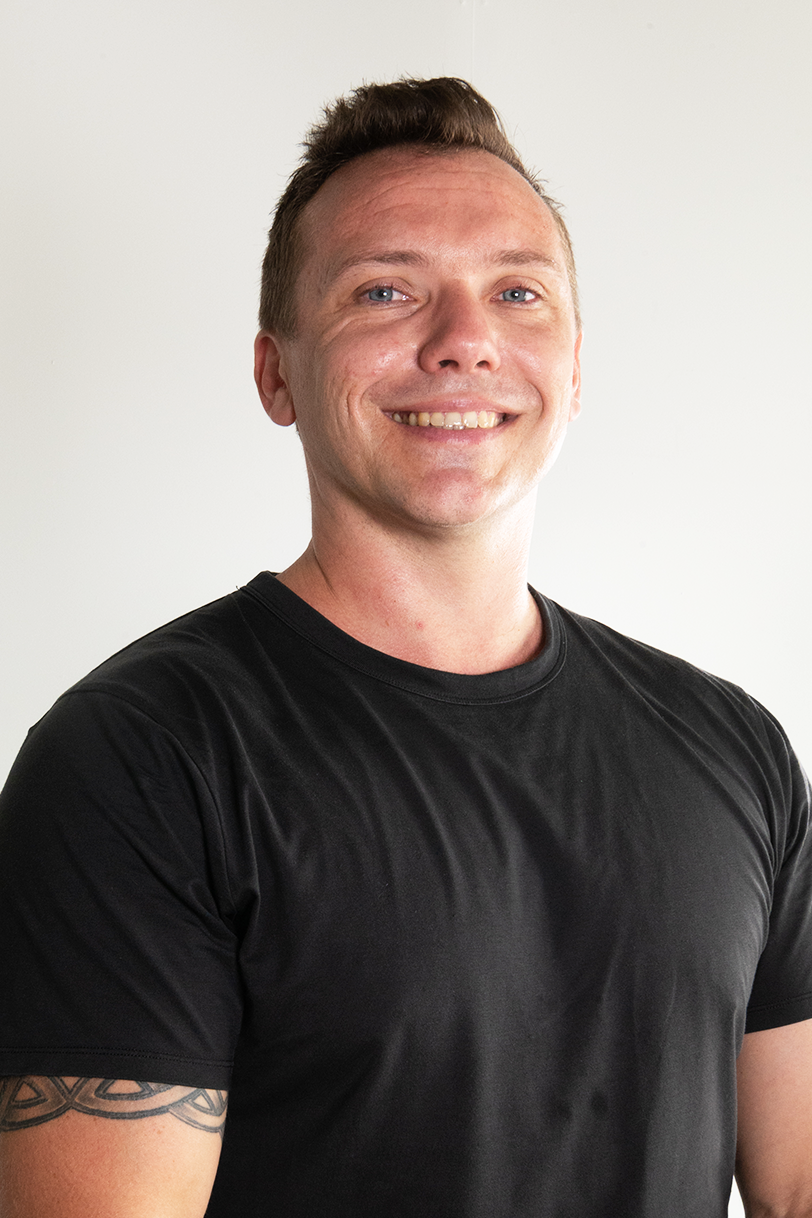Simon Menelaws

Simon Menelaws
Representative
My first experiences with life-limiting disease and the symptoms of significant illness were as a doctor. From early on in my career I was acutely aware of the complexities and paradox of how my profession approached the experience that binds us all as humans: death. It was my job to prevent it. Arguably, western medicine’s focus on preventing death and providing ‘solutions’ to disease processes has meant that it has not been so adept at dealing with illness – a patient’s experience of a disease – nor recognising when improving quality of life perhaps trumps ‘beating’ pathology.
This all became far more personal when my 36-year-old wife was diagnosed with stage 3 breast cancer when our second child was 8 months’ old, and I cared for her as she underwent a brutal regime of chemotherapy, a double mastectomy, radiotherapy, and the removal of her ovaries. In the nine months after, we started dreaming again of a future where perhaps she had ‘beaten’ cancer, and she would live to see our children grow up.
In June 2017, aged 37, she received the news that she had stage 4 – or metastatic – breast cancer. At present, this is a terminal diagnosis with a median life expectancy of three years. Treatment is now palliative in the truest sense of the word; it aims to improve her symptoms and her quality of life. We try not to live by the statistics and hope that she will exceed all our hopes but this is tempered by the reality of the situation and our endeavour to live purposefully and pragmatically – characteristics which my wife has always embodied.
I believe in advocating for my wife, and I know that in the future this may have to be in a very practical sense. I have a strong hope that death can be faced without fear and dread, and that the experience can be managed well – respectfully, pain and anxiety-free, and with deliberateness for the patient. I want the discourse around death to be more open. I want, as a society, that it is something we acknowledge and care about, and that we let our governments and health systems know that it is something we want talked about. Death has a 100% success rate, and our lives should be lived fully cognisant of that, and fully lived, in spite of that. I want my children to grow up remembering their mum beautiful and healthy in mind and spirit, and to know that she was enabled to live fully and to die well.
If you would like to engage Simon or another consumer representative for your project, please complete an application form and return to projects@palliativecare.org.au or call 02 6232 0700.
